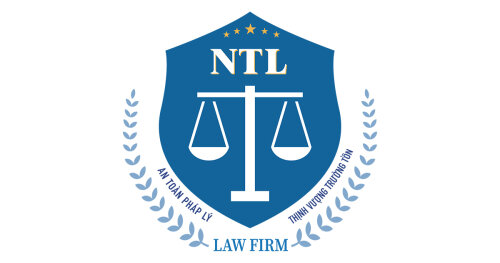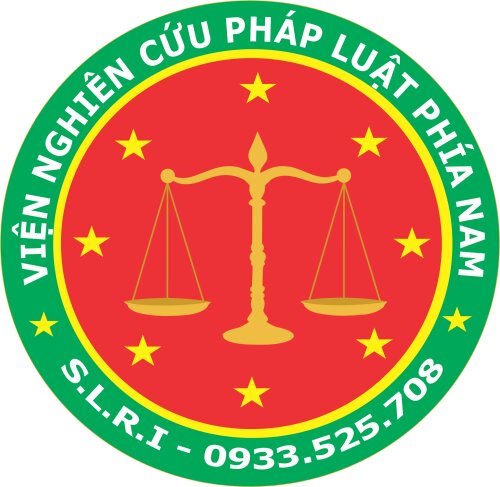Best Aviation Lawyers in Vietnam
Share your needs with us, get contacted by law firms.
Free. Takes 2 min.
Or refine your search by selecting a city:
List of the best lawyers in Vietnam
About Aviation Law in Vietnam
Aviation law in Vietnam is influenced by various international treaties and agreements, given the global nature of the aviation industry. It governs the operation and use of aircraft, airports, and airspace, while addressing issues related to safety, security, and environmental protection. The Civil Aviation Authority of Vietnam (CAAV) oversees the implementation of aviation policies and regulations, ensuring compliance with international standards set by bodies such as the International Civil Aviation Organization (ICAO). Over recent years, the aviation sector in Vietnam has experienced significant growth, driven by increasing demand for air travel and cargo services.
Why You May Need a Lawyer
There are several scenarios where legal assistance may be necessary in the aviation sector in Vietnam:
- Aircraft Leasing and Financing: Negotiating and drafting agreements for leasing or financing aircraft can be complex and require legal expertise to ensure compliance with both Vietnamese and international laws.
- Regulatory Compliance: Ensuring adherence to safety and operational regulations requires legal guidance, particularly as Vietnam aligns with international standards.
- Dispute Resolution: Conflicts may arise in various forms, including contractual disputes, insurance claims, or passenger grievances, which may require legal intervention.
- Intellectual Property: Protecting aviation-related inventions, designs, and trademarks requires legal knowledge of local IP laws.
- Mergers and Acquisitions: Legal counsel is crucial when navigating the complexities of aviation business transactions within Vietnam.
Local Laws Overview
Vietnam's aviation laws are designed to harmonize with international standards while maintaining national interest. Some important aspects include:
- The Law on Civil Aviation: This is the primary legislative framework governing civil aviation activities in Vietnam.
- Licensing and Permits: All aviation activities, from the operation of aircraft to the management of airlines and airports, require specific permits and licenses issued by the CAAV.
- Air Space Management: Vietnam controls its airspace, and operations within it must adhere to national aviation plans and the guidance of air traffic control.
- Safety Standards: Compliance with safety standards is mandated by law, and regular audits and inspections are conducted to ensure that entities meet these standards.
Frequently Asked Questions
What is the role of the Civil Aviation Authority of Vietnam (CAAV)?
The CAAV is responsible for regulating and overseeing civil aviation activities in Vietnam. This includes licensing, standard-setting, and ensuring compliance with both local and international aviation standards.
How does Vietnam manage air traffic control?
Air traffic within Vietnam is managed by the Vietnam Air Traffic Management Corporation, which coordinates aircraft movements within Vietnamese airspace to ensure safety and efficiency.
What are the legal requirements for operating a drone in Vietnam?
Operating a drone for commercial purposes in Vietnam requires permits from CAAV, and operators must comply with regulations around specific zones, altitudes, and operational hours.
Can foreign investors own airlines in Vietnam?
There are restrictions on foreign ownership, with foreign investors allowed to own up to 30% of the charter capital in a Vietnamese airline.
What is the process for resolving aviation disputes in Vietnam?
Disputes in aviation can be resolved through negotiation, arbitration, or court proceedings, depending on the nature of the dispute. Legal advice can help navigate these options effectively.
Are there specific environmental regulations for aviation in Vietnam?
Yes, Vietnam has adopted several regulations to minimize the environmental impact of aviation, including noise control, emissions standards, and waste management requirements for airlines and airports.
How can I obtain a pilot license in Vietnam?
To obtain a pilot license in Vietnam, individuals must fulfill training requirements set by CAAV, pass examinations, and meet health and safety standards.
What are "freedoms of the air" and how do they apply in Vietnam?
"Freedoms of the air" refer to a set of commercial aviation rights granting airlines the privilege to enter a country’s airspace. Vietnam abides by these rights under various international agreements.
How does Vietnam address passenger rights in aviation?
Passenger rights, including compensation for flight delays and cancellations, are protected under Vietnamese law, which aligns with international passenger rights frameworks.
What are the penalties for violating aviation laws in Vietnam?
Penalties for violations range from fines and license suspensions to criminal charges, depending on the severity and nature of the infraction.
Additional Resources
For more information or assistance, the following resources may be helpful:
- Civil Aviation Authority of Vietnam (CAAV): The central body for regulations, compliance, and licensing.
- Vietnamese Ministry of Transport: Overseeing broader transport policies, including aviation.
- Vietnam Air Traffic Management Corporation: Handling air traffic services within Vietnam.
- International Civil Aviation Organization (ICAO): For international standards and policies.
Next Steps
If you need legal assistance in the aviation sector in Vietnam, consider the following steps:
- Identify Your Needs: Clearly define the legal issue or advice you require.
- Research Legal Firms: Look for firms with expertise in Vietnamese aviation law.
- Schedule Consultations: Meet with legal professionals to discuss your case and explore options.
- Gather Documents: Prepare all necessary documentation related to your issue for your legal advisor.
- Follow Legal Guidance: Work closely with your lawyer to address the issue, ensuring compliance with all relevant laws and regulations.
Lawzana helps you find the best lawyers and law firms in Vietnam through a curated and pre-screened list of qualified legal professionals. Our platform offers rankings and detailed profiles of attorneys and law firms, allowing you to compare based on practice areas, including Aviation, experience, and client feedback.
Each profile includes a description of the firm's areas of practice, client reviews, team members and partners, year of establishment, spoken languages, office locations, contact information, social media presence, and any published articles or resources. Most firms on our platform speak English and are experienced in both local and international legal matters.
Get a quote from top-rated law firms in Vietnam — quickly, securely, and without unnecessary hassle.
Disclaimer:
The information provided on this page is for general informational purposes only and does not constitute legal advice. While we strive to ensure the accuracy and relevance of the content, legal information may change over time, and interpretations of the law can vary. You should always consult with a qualified legal professional for advice specific to your situation.
We disclaim all liability for actions taken or not taken based on the content of this page. If you believe any information is incorrect or outdated, please contact us, and we will review and update it where appropriate.
Browse aviation law firms by city in Vietnam
Refine your search by selecting a city.
















